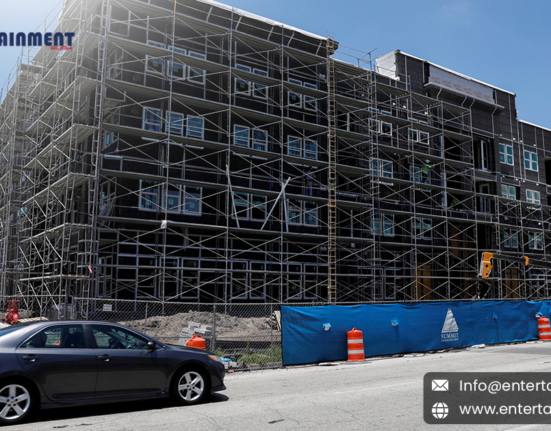In the intricate world of real estate, property valuation serves as the cornerstone for making informed decisions regarding buying, selling, investing, and financing properties. While traditional valuation methods provide a solid foundation, the field has evolved to encompass a diverse array of advanced perspectives and methodologies. In this comprehensive blog, we’ll delve into the depths of property valuation, exploring advanced techniques and perspectives that shape the valuation process in the United States.
Understanding Traditional Valuation Methods: A Solid Foundation
Traditional valuation methods, such as the comparable sales approach, income approach, and cost approach, form the basis of property valuation in the U.S. These methods rely on established principles and data points to assess a property’s worth based on factors such as comparable sales in the area, potential rental income, and replacement cost. While these methods are widely used and respected, they may not always capture the full spectrum of factors that influence a property’s value.
Embracing Advanced Valuation Techniques: Going Beyond the Basics
In recent years, advanced valuation techniques have gained traction among real estate professionals seeking to gain deeper insights into property values. One such technique is spatial analysis, which incorporates geographic information systems (GIS) and other spatial data to analyze the relationship between properties and their surroundings. By mapping factors such as transportation infrastructure, land use patterns, and environmental features, spatial analysis provides a more nuanced understanding of a property’s value within its broader context.
Incorporating Machine Learning and Artificial Intelligence: The Future of Valuation
The integration of machine learning and artificial intelligence (AI) has opened up new frontiers in property valuation, allowing for more accurate predictions and sophisticated analyses. Machine learning algorithms can sift through vast amounts of data to identify patterns and correlations that human appraisers may overlook, leading to more precise valuations and risk assessments. Additionally, AI-powered valuation models can adapt and improve over time, providing ongoing insights into changing market conditions and trends.
Exploring Alternative Valuation Metrics: Beyond Traditional Measures
In addition to traditional financial metrics, alternative valuation metrics are gaining prominence in the real estate industry. Metrics such as environmental sustainability, social impact, and health and wellness are increasingly being considered alongside traditional measures of value. For example, properties with energy-efficient features or proximity to public transportation may command higher prices due to their lower operating costs and enhanced accessibility. By broadening the scope of valuation metrics, real estate professionals can better capture the full spectrum of factors that influence a property’s worth.
Navigating Complex Valuation Challenges: Legal, Ethical, and Regulatory Considerations
As property valuation becomes increasingly sophisticated, real estate professionals must navigate a range of complex challenges related to legality, ethics, and regulation. Appraisers must adhere to strict industry standards and guidelines set forth by regulatory bodies such as the Appraisal Foundation and the Uniform Standards of Professional Appraisal Practice (USPAP). Additionally, they must remain vigilant to potential conflicts of interest and biases that may skew valuation results, ensuring that their assessments are fair, accurate, and unbiased.
Embracing Complexity in Property Valuation
In conclusion, property valuation in the United States is a multifaceted and dynamic field that encompasses a wide range of perspectives and methodologies. While traditional valuation methods provide a solid foundation, advanced techniques such as spatial analysis, machine learning, and alternative valuation metrics offer deeper insights into property values. As real estate professionals continue to embrace complexity and innovation in the valuation process, they can make more informed decisions and navigate the ever-changing landscape of the real estate market with confidence and clarity. By exploring advanced perspectives on property valuation, we can unveil the depth of knowledge and expertise that drives success in the dynamic world of real estate.





Leave feedback about this